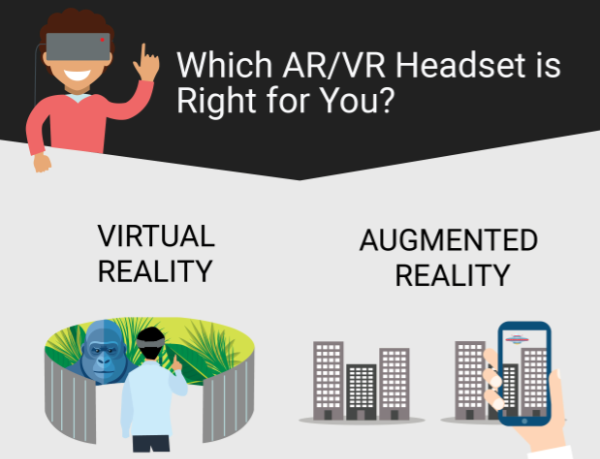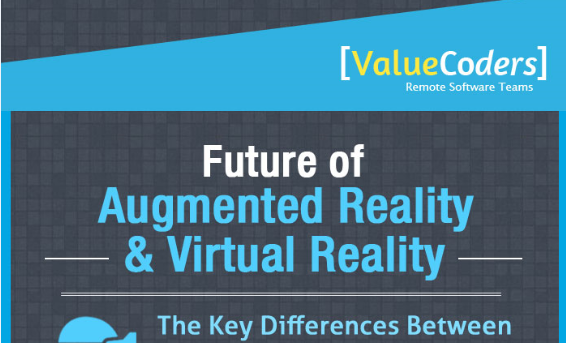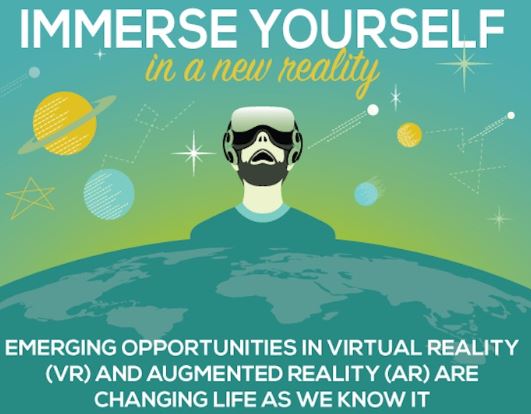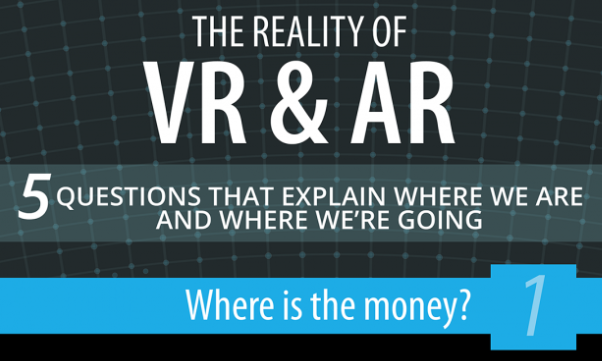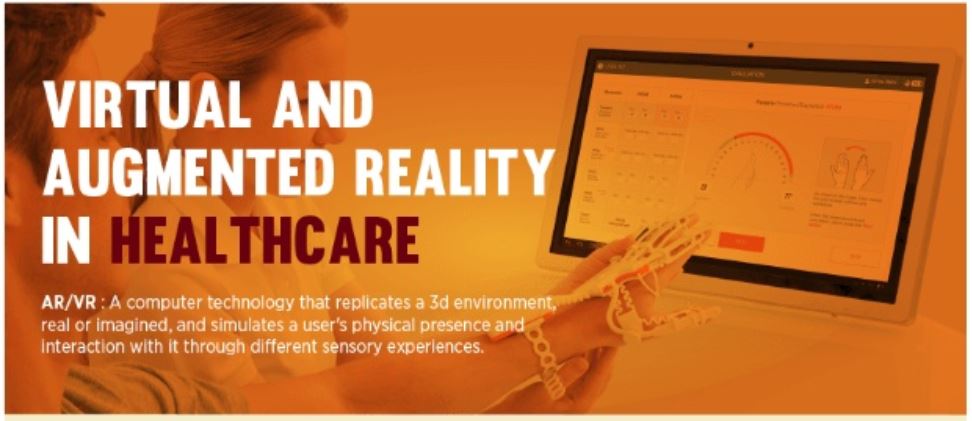
Virtual Reality and Augmented Reality are both being used in a variety of industries, including education, sports, tourism, and even healthcare. The video game industry is projected to earn the highest revenue at $11.6 billion, but the healthcare industry is right behind them with $5.1 billion. VR and AR can be used for a variety of medical purposes including: diagnostics…

